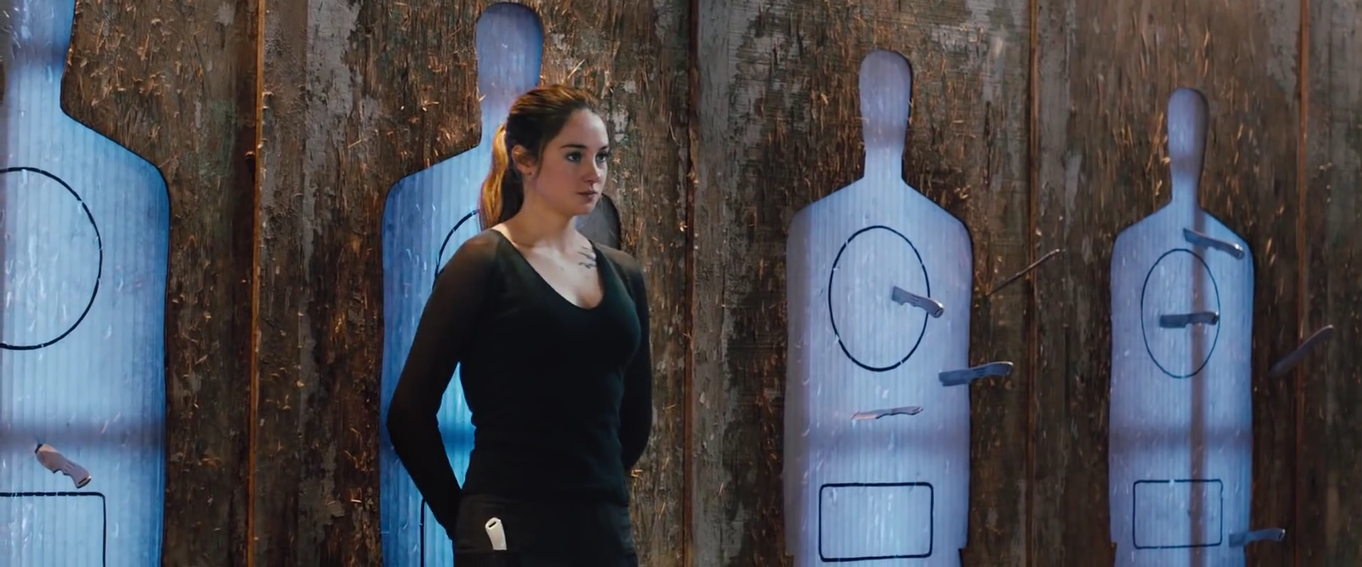Future Now
The IFTF Blog
Leaders: Do you fear the future?
If you don’t have some fear about the future, you’re not paying attention. Fear is not a bad thing. It’s what you do with your fear that can turn bad. In a world of disruptive opportunity, leaders will need to learn how to practice voluntary fear exposure. They will need safe zones to practice their leadership skills and develop their capacities, knowledge, discipline, practices, perspective, and worldview.
Play through your Fear
Gaming, simulation, role-playing, improvisational theater, immersive travel, and similar experiences can help leaders create safe zones to practice their own leadership, and players can be safely scared in the interest of developing their own readiness and resilience. Gaming in the sense of obstacles that we volunteer to overcome will be reimagined over the next decade to help leaders prepare for the VUCA world. By safe zones, I don’t mean places where leaders will be free from what upsets them. Rather, I mean a place where leaders can confront their fears and learn to play through them in a low-risk setting. Leaders must learn to play through their fear and develop effective and efficient responses, turning fear into something positive.
Gameful Engagement
For some senior leaders, the word game just may not sound businesslike. (“We are a serious company—we don’t play games!”) When I encounter resistance to the word gaming, I generally go for a less controversial term like immersive experience, or scenario, or simulation. Basically, gaming is immersive engagement. Gaming is emotionally laden attention. Gaming is a good story, where the players get to be in the story. The language issues will be temporary. Gaming—or whatever it comes to be called—will provide a rich pedagogy for learning, as has already been demonstrated convincingly in war gaming, emergency response simulations, pilot training, and surgical training. The whole point of gameful engagement is to immerse yourself in a realistic but mock fearful environment and learn how to thrive, or at least push through it. You have to do that in a spirit that allows you to fail early, fail often, and fail cheaply.
LEADERS WHO HAVE THE LITERACY OF VOLUNTARY FEAR can say:
- I am comfortable with and adept at gaming, simulation, improvisation, and role-playing
- I am committed to immersive learning to engage with communities where I lead.
- I practice my leadership skills in low-risk settings.
 This post is an excerpt from Bob Johansen's new book The New Leadership Literacies: Thriving in a Future of Extreme Disruption and Distributed Everything.
This post is an excerpt from Bob Johansen's new book The New Leadership Literacies: Thriving in a Future of Extreme Disruption and Distributed Everything.
Learn more about the book here or purchase your copy on Amazon.



